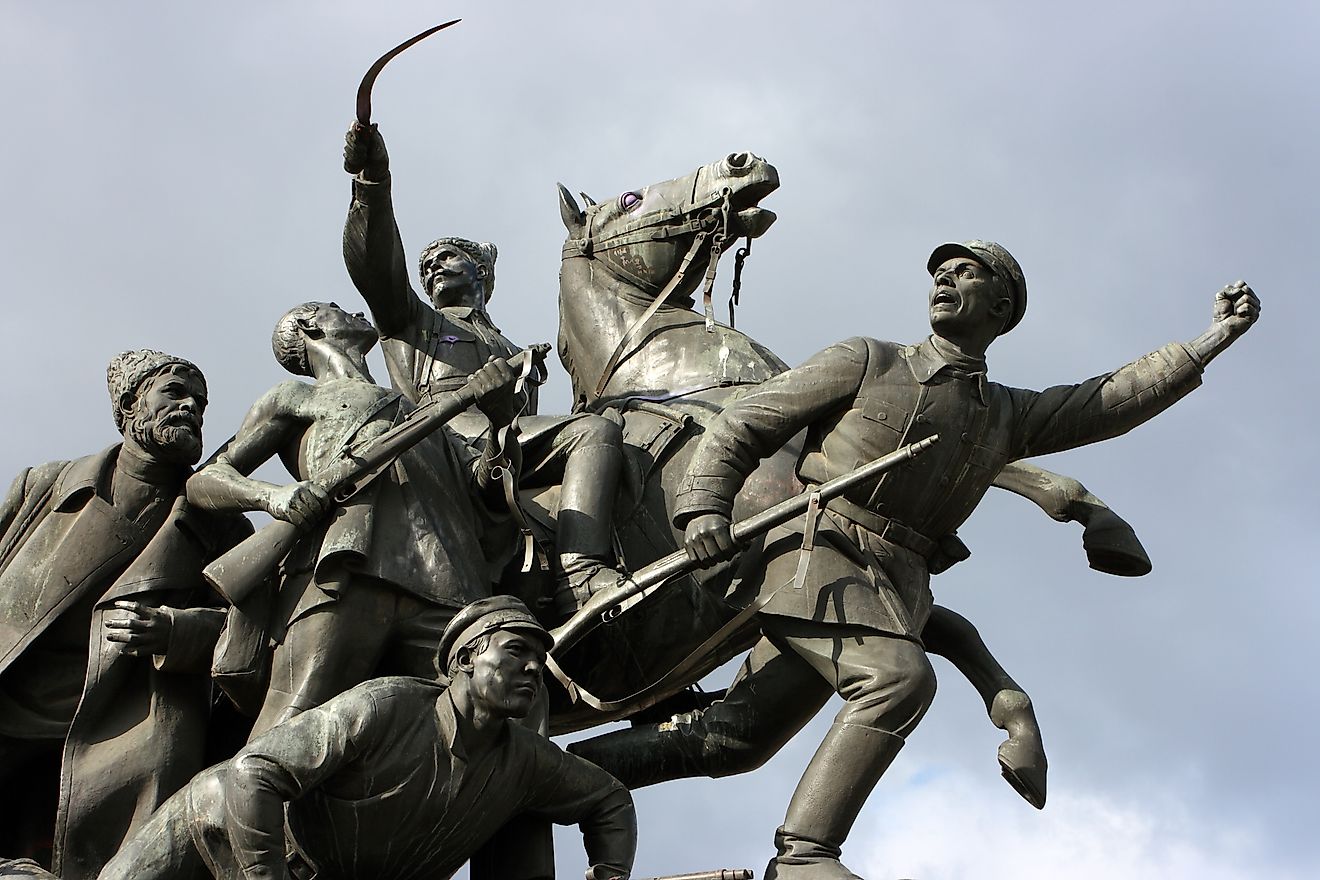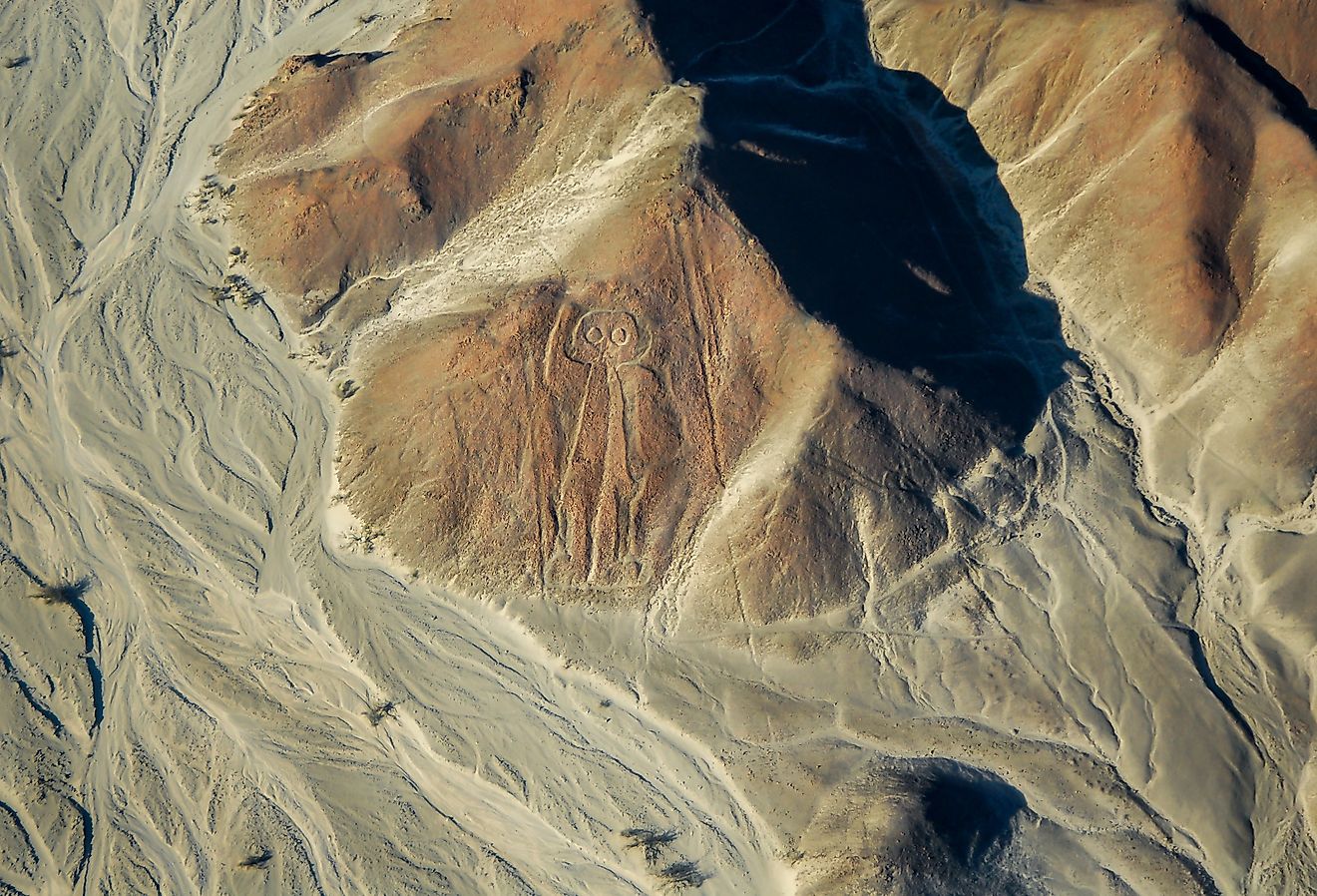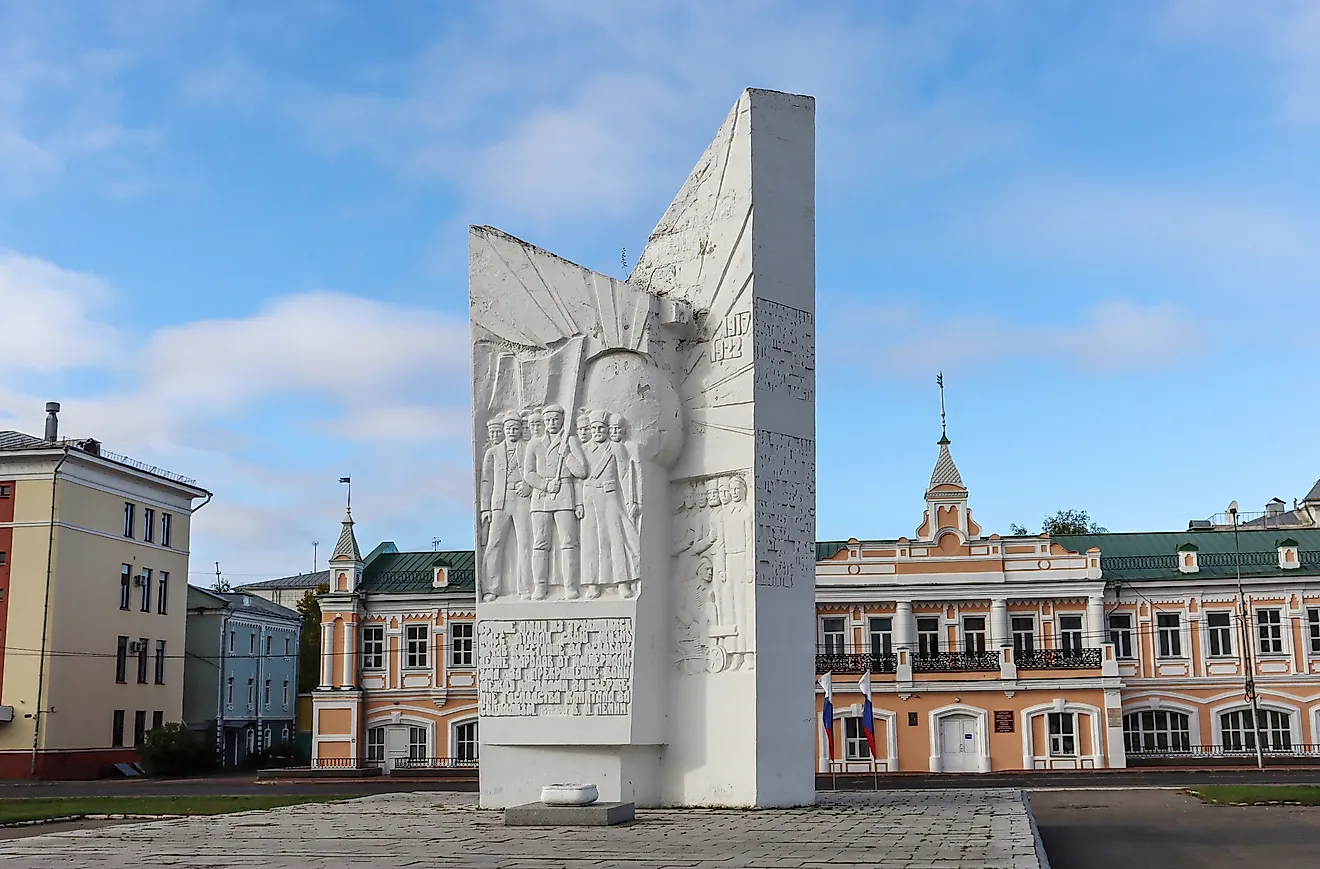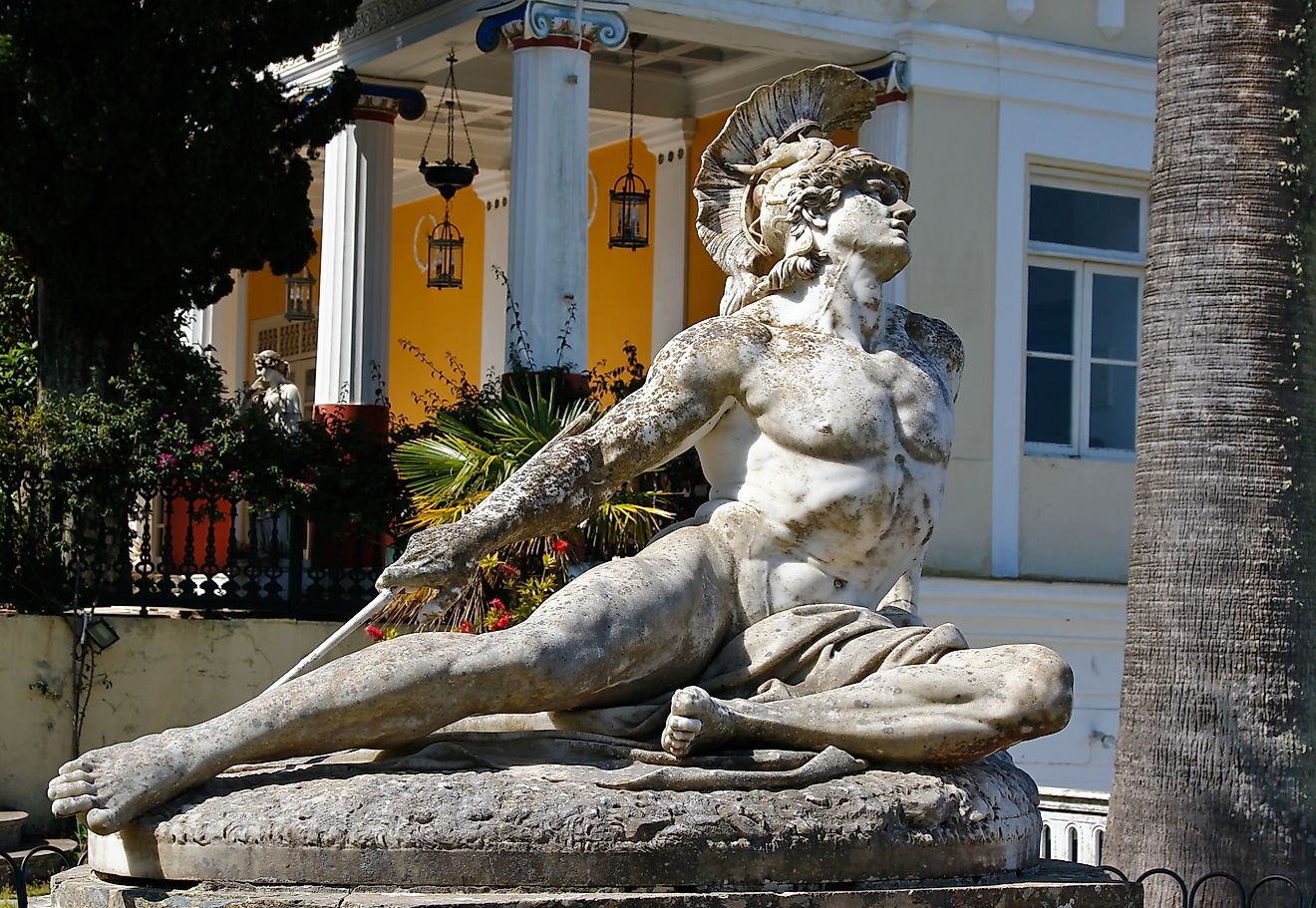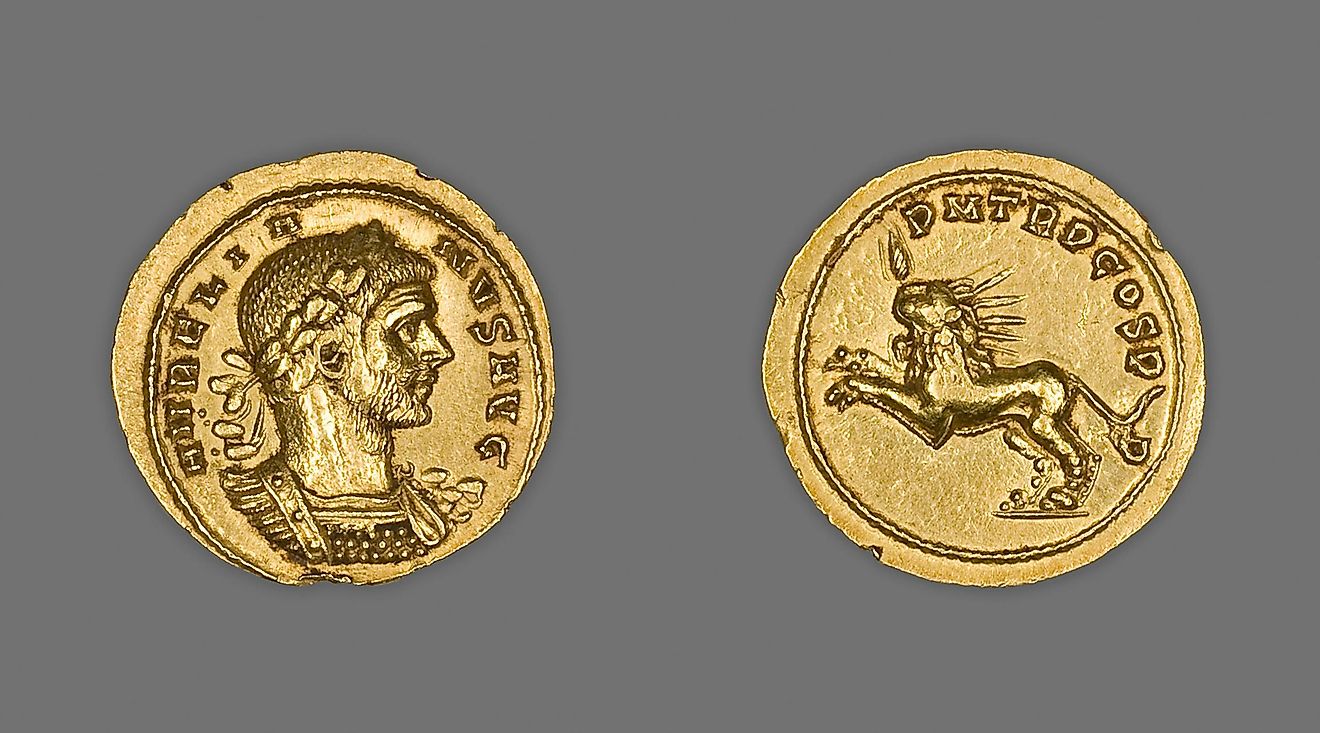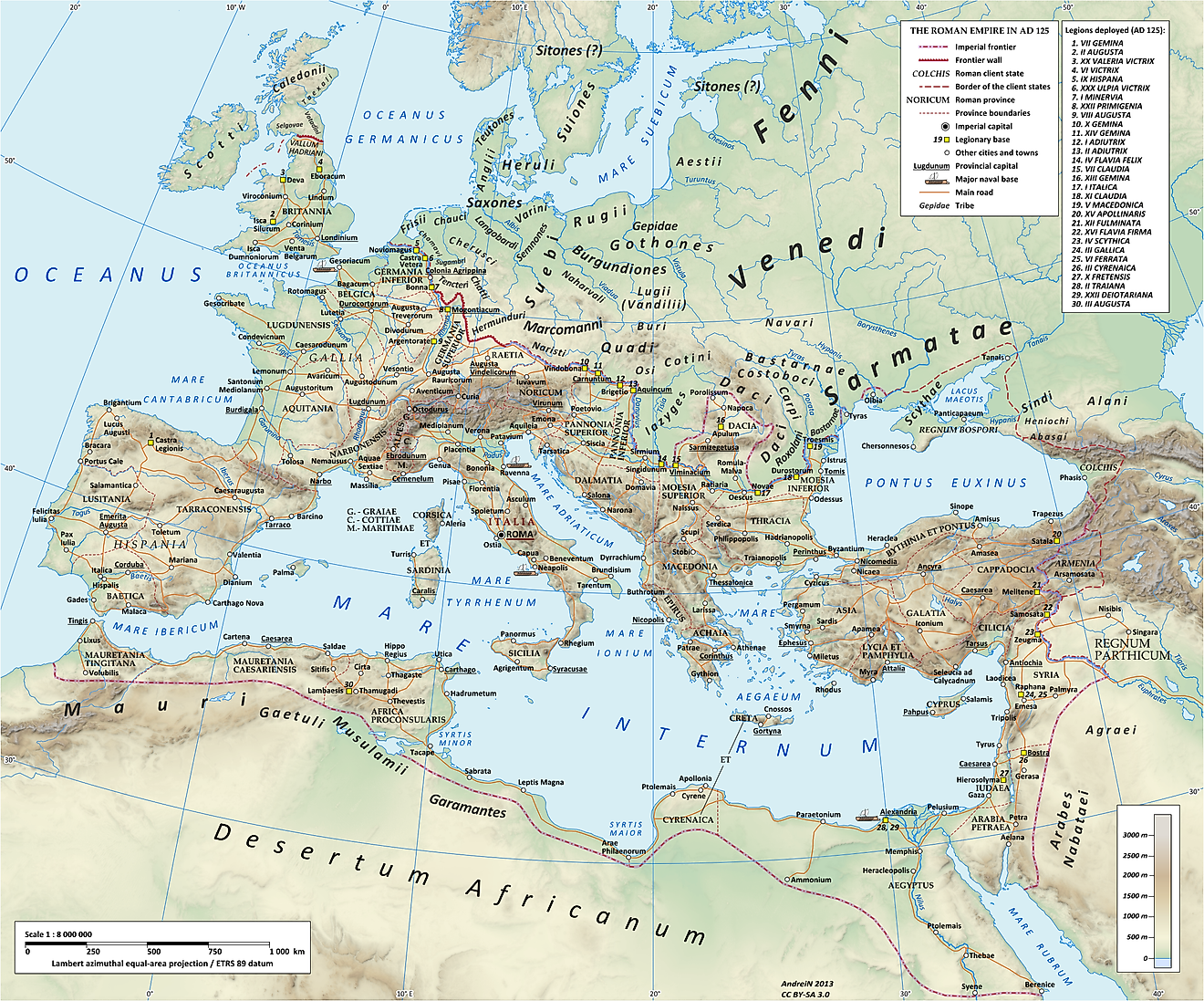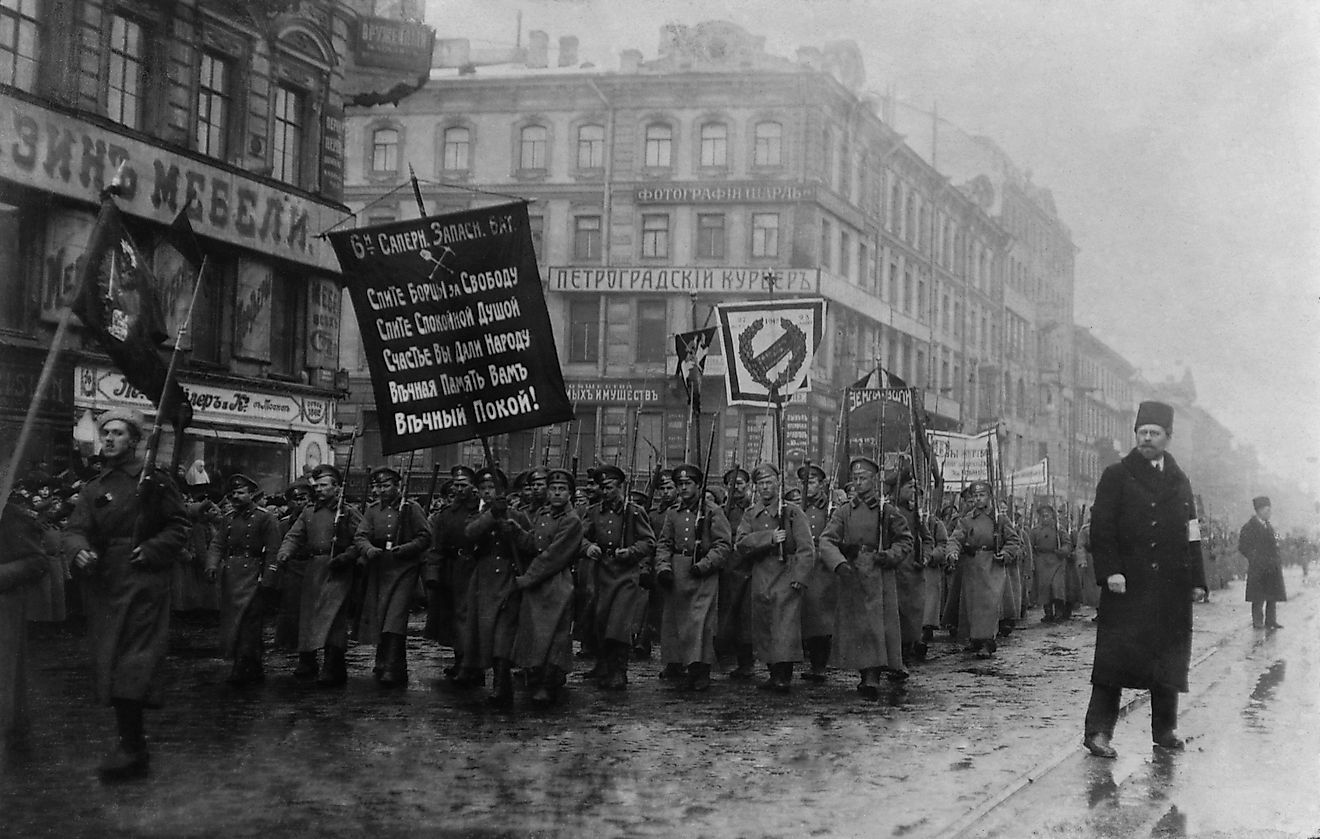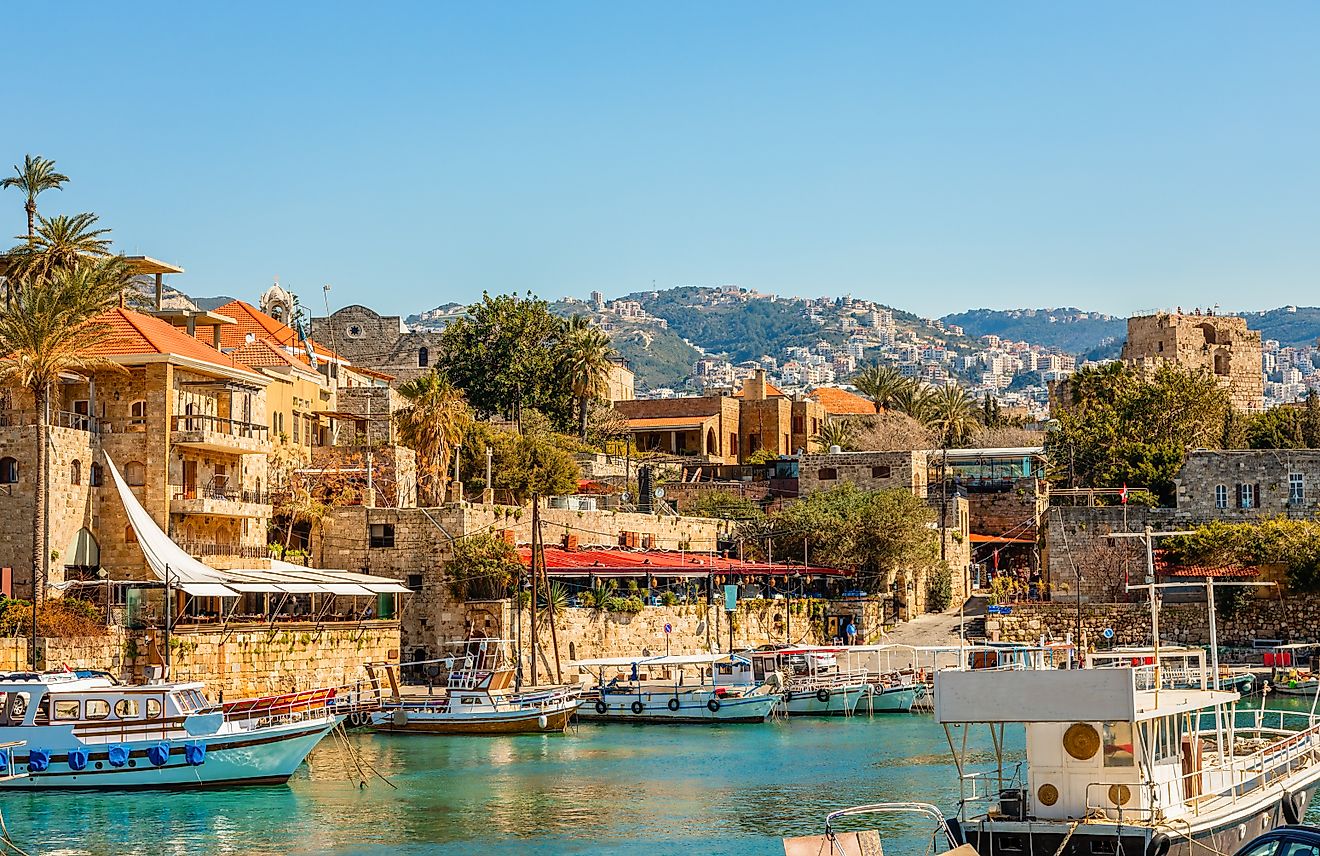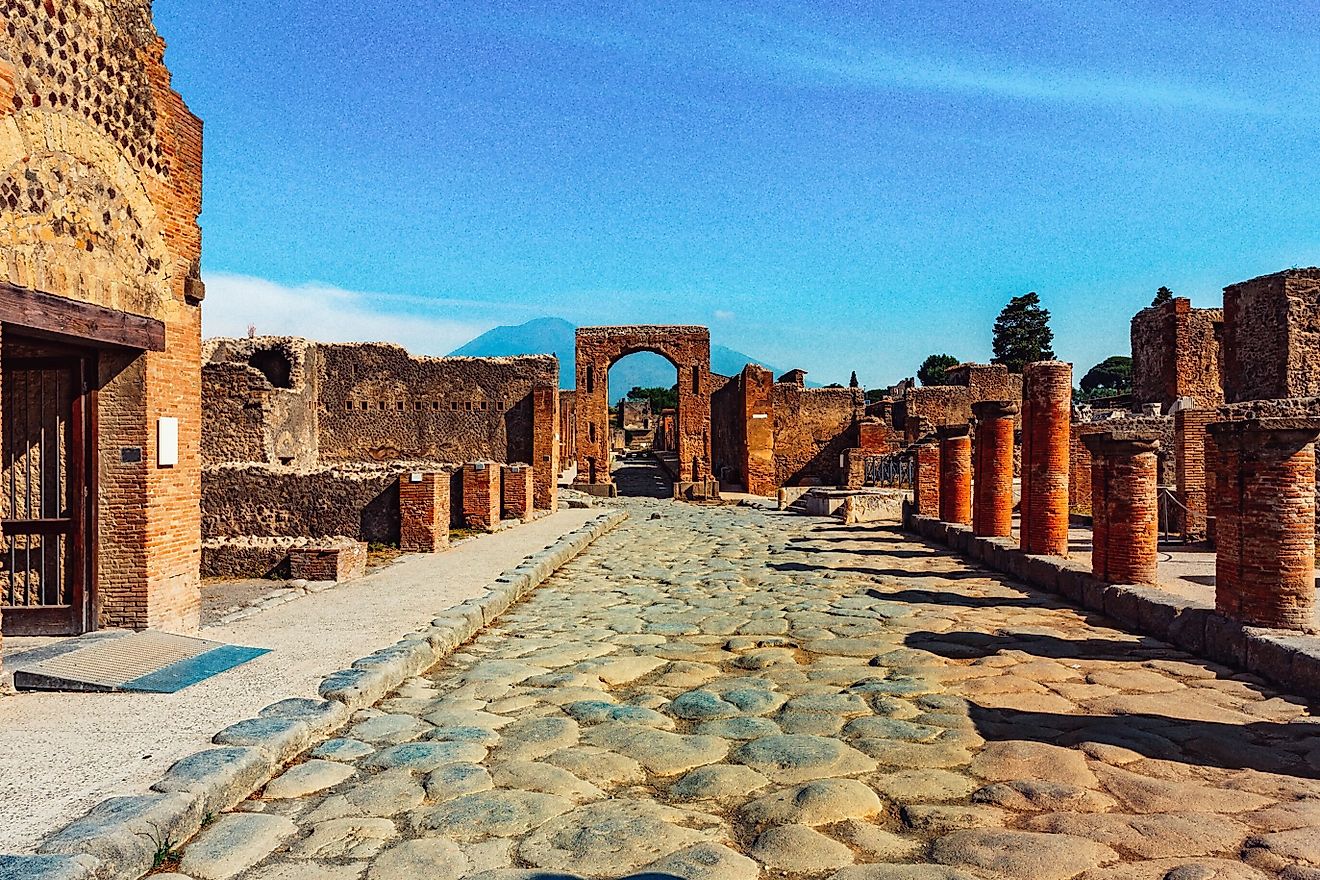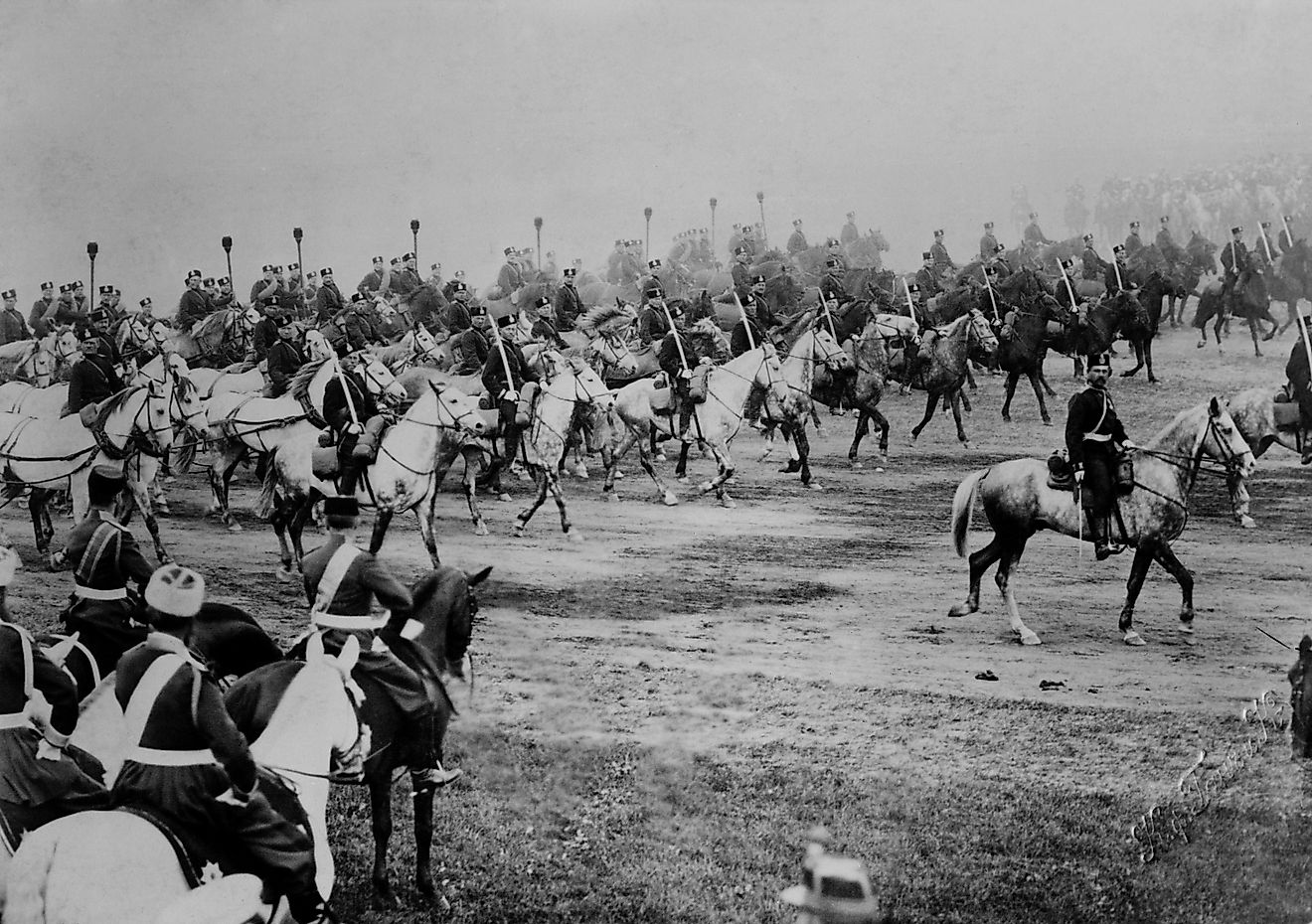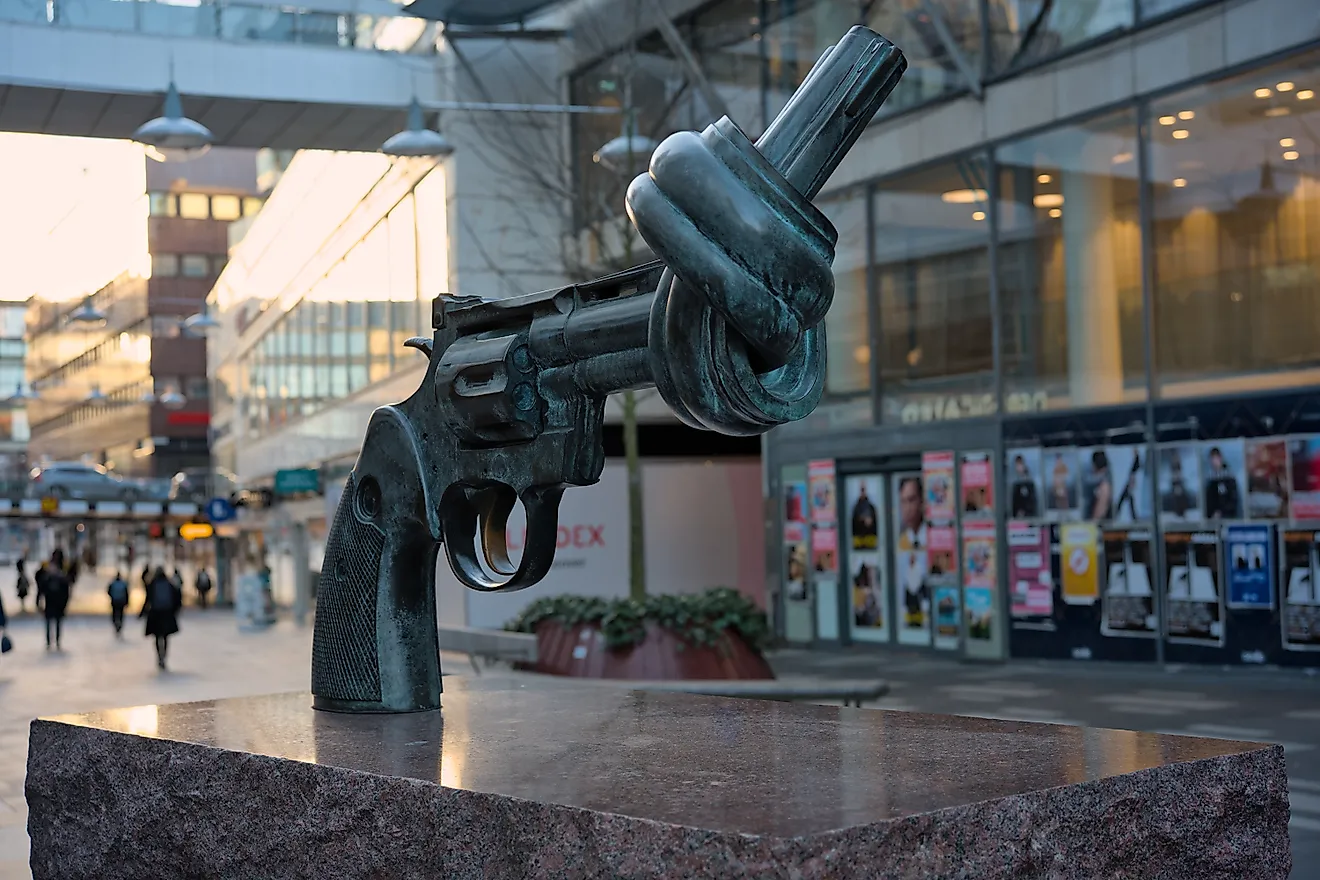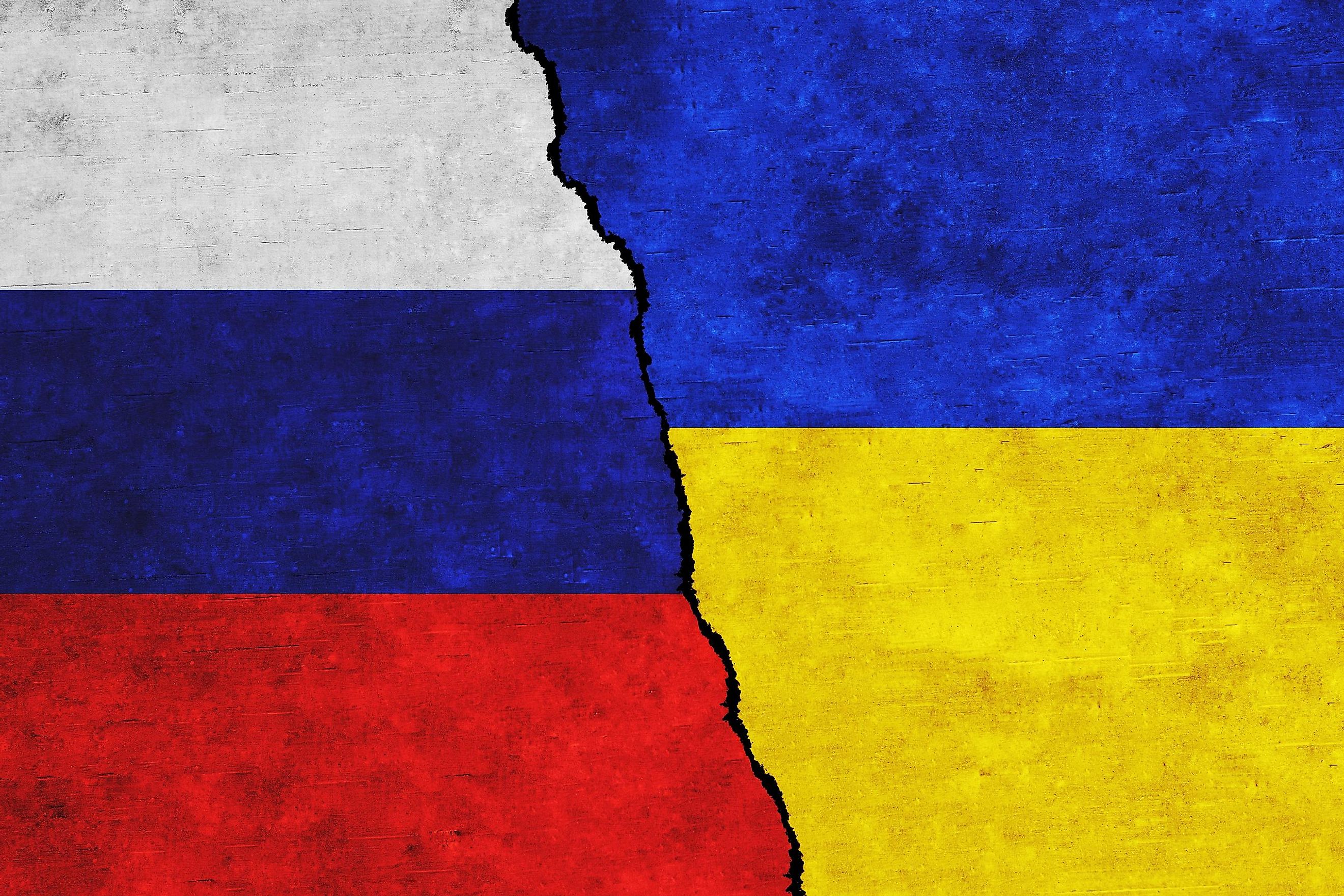
Russia's Annexation of Crimea
Russia's full-scale invasion of Ukraine in 2022 has signified an existential threat to post-World War Two norms of international relations and the post-Cold War balance of power. However, eight years before, in 2014, this threat had already been established with the annexation of Crimea.
A Brief History of Crimea
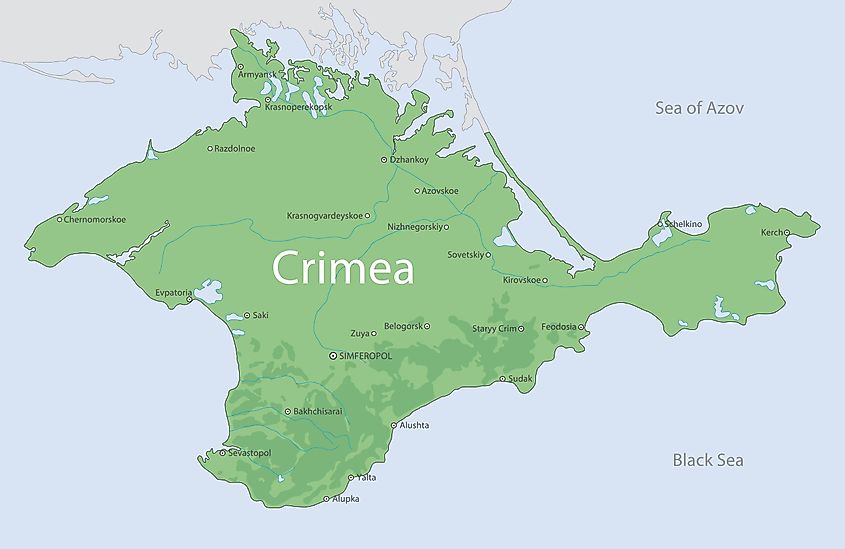
Crimea is a peninsula in southern Ukraine. Seemingly countless civilizations and peoples have ruled it. For instance, before the common era, the Greeks inhabited it most notably. The first two millennia CE then saw the area ruled by, among other groups, the Romans, Khazars, Goths, Mongols, Cossacks, and Ottomans. Following a war between Russia and the Ottomans, Crimea was incorporated into the Russian Empire in 1783. Upon the creation of the Soviet Union in the early 1920s, the peninsula was then made part of the Russian Soviet Federative Socialist Republic before being transferred to Ukraine in the 1950s. When the Soviet Union collapsed in the early 1990s, Crimea was incorporated into the now-independent Ukrainian state. However, this decision did not come without contention from Russia. As compensation, Russia was allowed to keep its Black Sea Fleet, a vital division of the Russian Navy, stationed in Sevastopol--the largest city in Crimea and a crucial strategic seaport.
Ukraine's Pull Between Russia and the West: The Orange Revolution
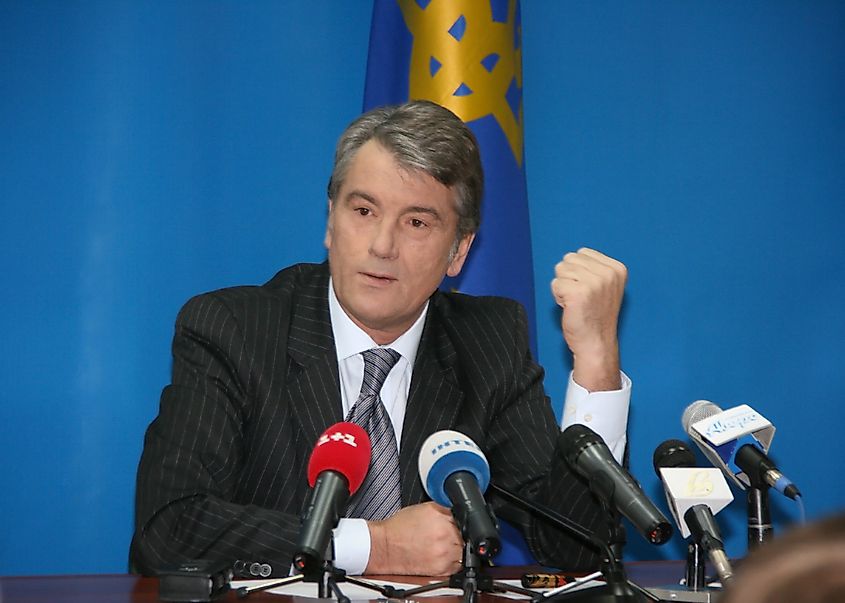
Since independence, Ukraine has alternated between governments favoring closer ties with the West and those looking towards Russia. This dynamic has, perhaps unsurprisingly, caused friction. One of the clearest examples of these tensions occurred in 2004. The Presidential election that year was a battle primarily between the pro-Western Viktor Yushchenko and the pro-Russian Viktor Yanukovych. In September, a month before the vote, Yushchenko was poisoned under mysterious circumstances, permanently disfiguring him. The October election resulted in neither Yushchenko nor Yanukovych winning 50%, necessitating a two-round system of voting or run-off election. Following Yanukovych's supposed victory in said run-off election, accusations of irregularities and rigging resulted in mass protests. This "Orange Revolution," named after the color of Yushchenko's party, prompted an investigation by the Ukrainian Supreme Court, which ruled that there had indeed been electoral fraud--leading to a re-vote on December 26th and Yushchenko winning.
Vladimir Putin's Imperial Ambitions
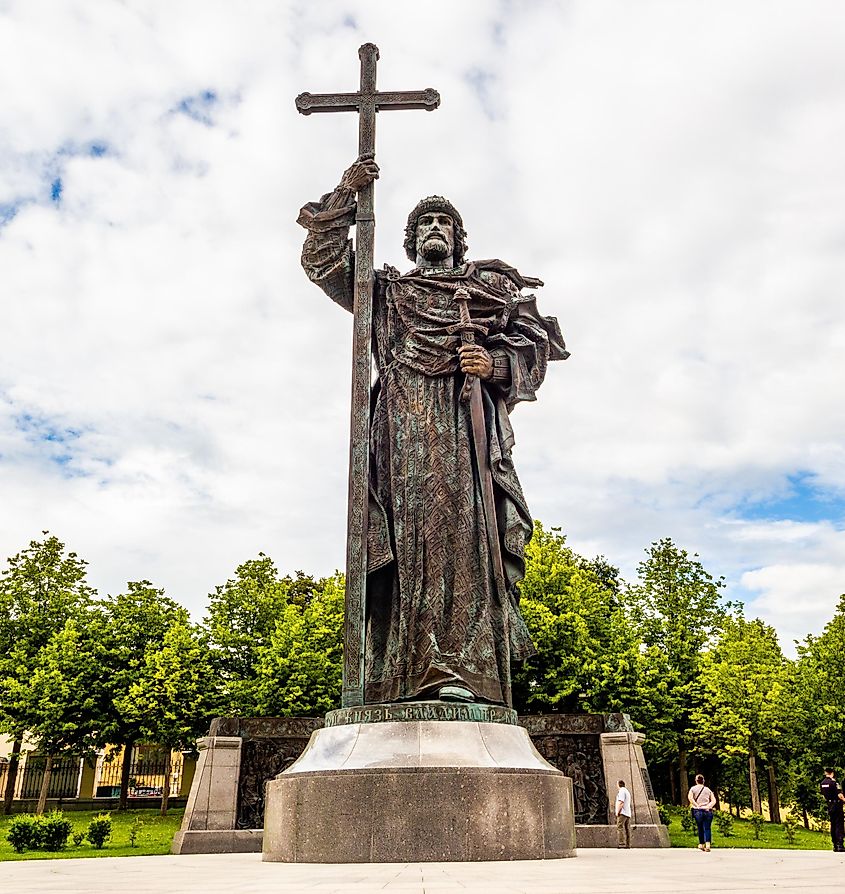
While Ukraine was undergoing these profound political shifts, significant changes were also occurring in Russia. Vladimir Putin was inaugurated as President on May 7th, 2000. From the beginning, he was combative towards the West, openly espousing his distaste for liberal values and stating that Russia would not tolerate any humiliation of national pride. Putin then made his intentions explicit in a speech at the 2007 Munich Security Conference, stating that his goal was to restore Russian global power--which he felt was lost following the end of the Cold War. Crucially, these aspirations were expressed in simplistic and reductive views about Russian and Ukrainian history. Put simply, according to Putin, when Vladimir the Great, leader of the Kievan Rus and Grand Prince of Kiev, converted to Orthodox Christianity in the 900s, it marked the beginning of the Russian state. However, because this event occurred in the territory that is now Ukraine, this supposedly meant that Ukraine "belonged" to Russia.
The Euromaidan protests and the Revolution of Dignity
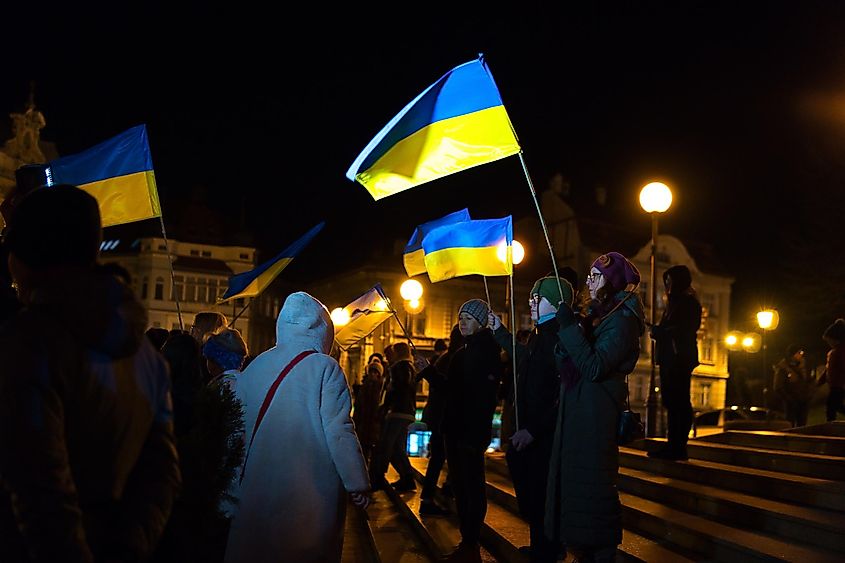
Tensions between Ukraine's political factions and Putin's imperial ambitions came to a head in late 2013 and early 2014. In 2010, Victor Yanukovych, the aforementioned pro-Russian politician, won the Ukrainian Presidential election. Despite this change in the executive, other levels of government were still working to further Western ties. By 2013, the European Union and the Ukrainian Parliament had nearly completed an association agreement to lessen travel and trade barriers. However, in November of that year, the President suddenly decided not to sign the agreement. This decision sparked mass protests against what many saw to be the outsized influence of pro-Russia oligarchs and Russia itself. The protests became known as the Euromaidan and culminated on February 21st 2014, when Yanukovych and his ministers were ousted. This "Revolution of Dignity" thus resulted in Yanukovych fleeing to Russia and an interim government was installed.
The Annexation of Crimea
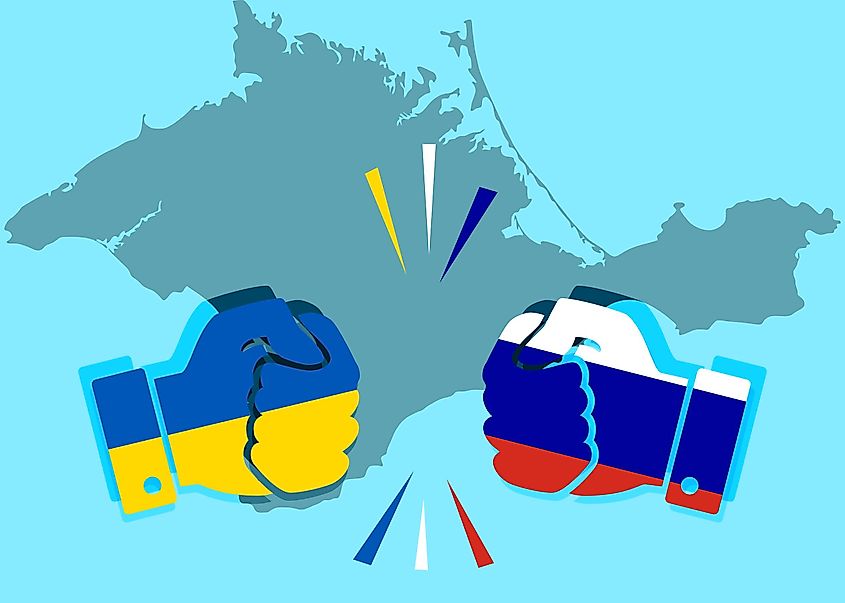
The new government, while largely recognized internationally, resulted in pro-Russia protests across Ukraine, including Crimea. The revolution also sparked panic in Moscow, with Putin declaring it an "unconstitutional coup." Therefore, on February 27th 2014, Russian troops invaded Crimea. While the invasion was supposedly done to "protect" civilians and "denazify" the peninsula, knowledge of Putin's understanding of history reveals his true imperial motivations. A widely discredited referendum was held in March 2014, in which 97% of Crimeans supposedly voted in favor of joining Russia. Despite widespread sanctions and condemnations, Crimea has since been under Russian control.
Implications
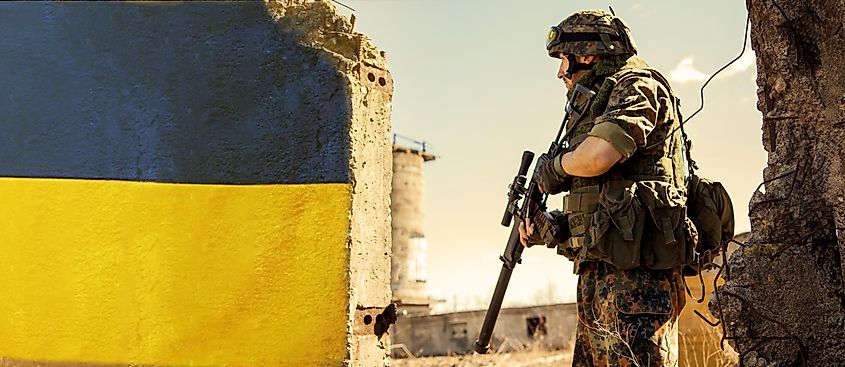
Contrary to what some in the West believe, while the full-scale invasion occurred in February 2022, the Russo-Ukrainian war began when Russia annexed Crimea. Indeed, despite all that has happened since then, this event is arguably the most crucial geo-political occurrence of the past fifteen years.
